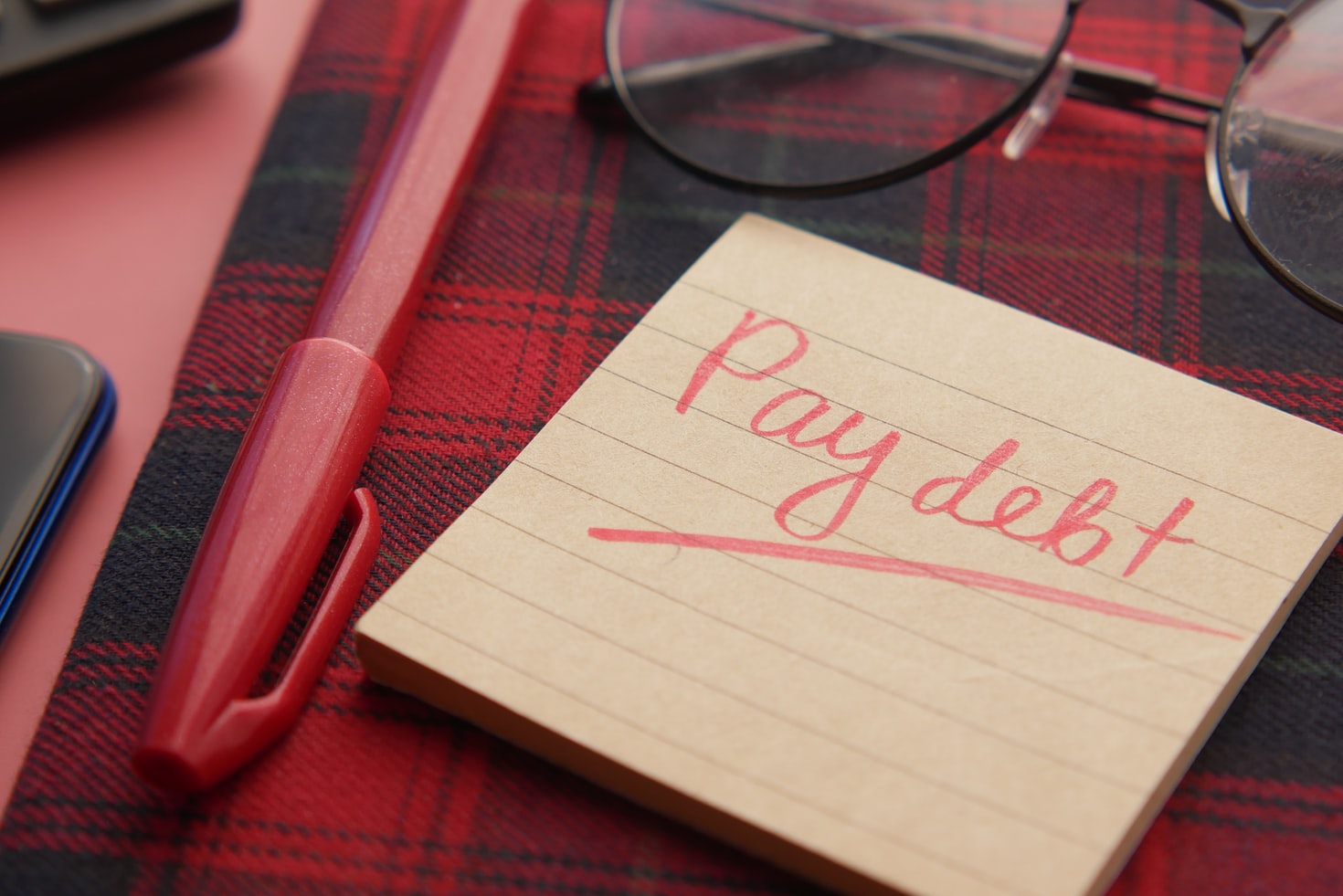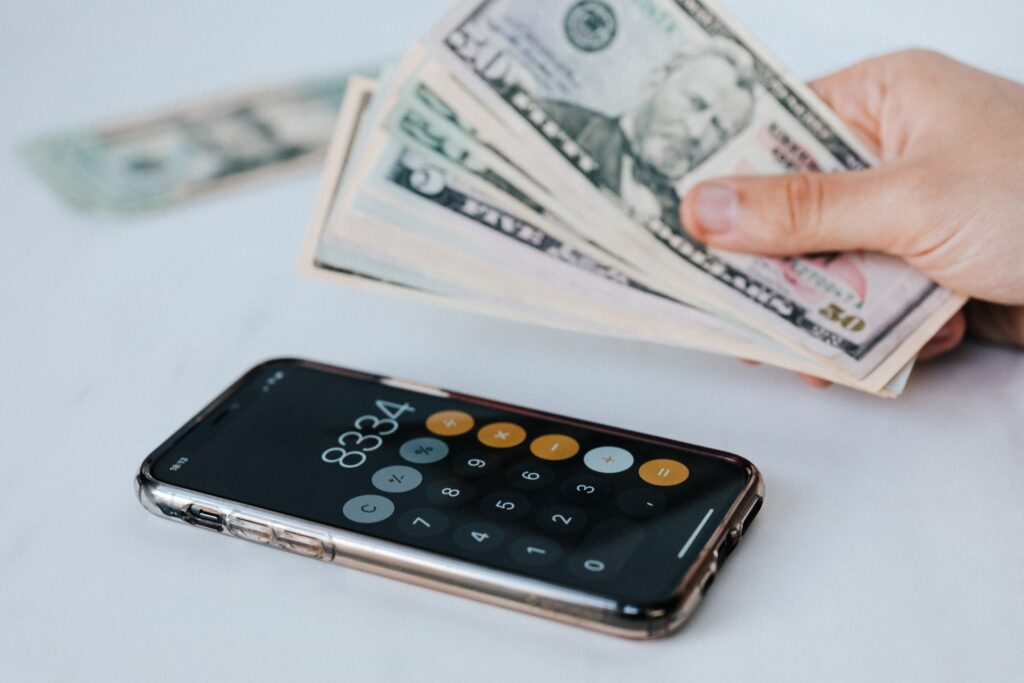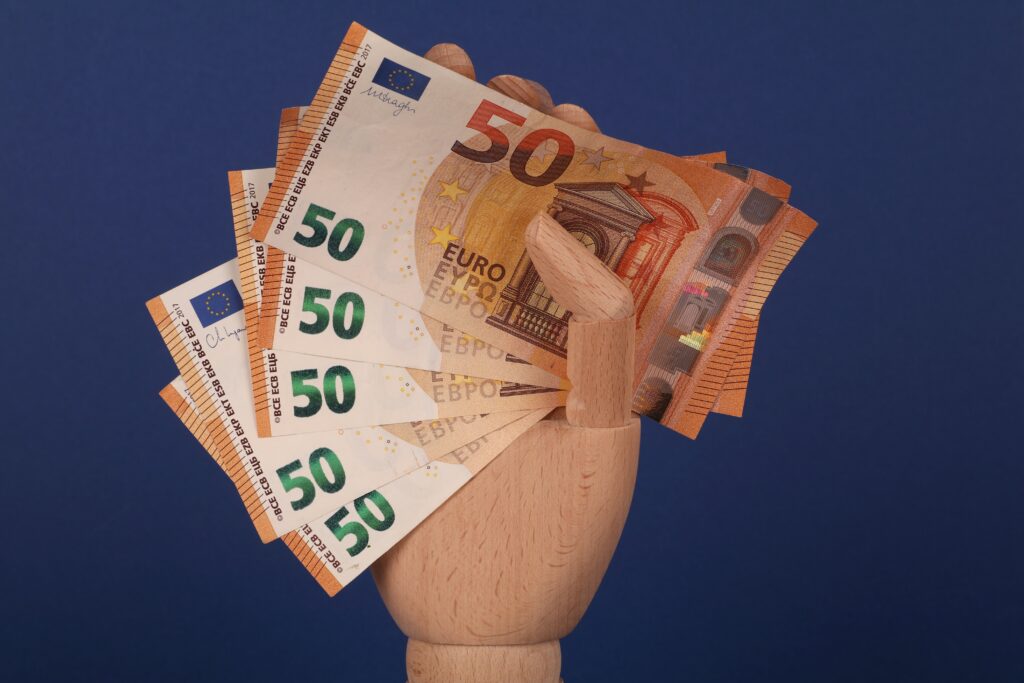It’s important not to run away from your debt or to hide it from your loved ones! Tackling your financial insecurities head on may seem intimidating, but it is the only true way to get a handle on your problems. Below, we will discuss some ways you can effectively deal with your debt when it gets out of hand.
Try To Cutback On Spending
It goes without saying that the most financially responsible and feasible way to deal with your debt is to cut down on spending. It’s best to physically keep track of what you spend your money on every month as it will give you a much clearer idea about your problem areas.
The idea is to lower the cost of your non-essential items. For example, instead of eating out, why not prepare your own meals? Consider cancelling your gym membership in favor of exercising at home or riding public transport as opposed to opting for rideshare services. The money you save by cutting back is funding that you can use to clear away your debt.
How To Create A Reliable Budget
In order to escape the debt you’ve racked up, you will need to get a solid idea of where your money actually goes. First and foremost, make note of all of your monthly income. This should include money you earn from your paycheck and as well as benefits you may get from welfare or child support.
Once you have a solid idea of your income, write down all of your expenditures. The first things you should note are the essentials that include your food, utilities, mortgage, car payments, and anything else. The other non-essential items should make the list as well as they are considered luxuries at this point.
It’s important to have an idea of how much of your income you have outgoing on essential items. The thought behind this exercise is to find out how much money you spend on non-essentials that may be better put to use paying off your debt. This will also give you a harsh dose of reality because it’s often surprising how much the little things you spend on can add up.
Make A List Of Priorities
It’s crucial at this point to prioritize your expenses and pay your most important bills first such as your mortgage, tax, and secured loans. Once you establish that you can and have paid off everything to keep a roof over your head, it’s time to keep going. If you need help with your debt find out how does a debt management plan work.
Next in line is anything to do with your utility bills, food, and unsecured loans. Lastly, luxury spending that includes streaming services, shopping excursions, and eating out.
It is crucial to pay your bills on time with what little money you have. Any days you miss payment will eventually land you further into debt as most banks rack up fees. Of course, there’s always the possibility that you’re unable to pay your bills on time or at all. If this is the case, make sure you let your lender know as they may be willing to negotiate payments with you.
Avoid accruing extra debt
Prior to taking on any additional debt, work toward paying down the debt you now have. Avoid making any pointless purchases. Making unneeded expenditures when you still have a debt to pay off can make it harder to manage your debt.
Pay all of your bills on schedule and in full
You may prevent excessive interest rates and late penalties by making complete and timely payments on your invoices. In order to avoid paying more in interest and fees if you are unable to make complete payments, try to pay more than the minimum amount required.
Examine your invoices thoroughly
Verify the accuracy and consistency of your rates when you get your invoices and statements. Call your lender to make the necessary corrections if there are mistakes or if your rates increased suddenly.
Eliminate your high-interest bills first
If you have a number of debts to settle, paying off the ones with the highest interest rates and fees first will lower your overall debt over time.
You should have fewer credit cards
Consider utilizing a limited number of credit cards to manage your debt. Verify that they provide the most affordable charge.
When combining your loans, look for the lowest interest rates possible
Since you just have to make one payment to the bank or credit union rather than several payments to all of your current lenders, you may be able to manage your debt more easily by receiving a debt consolidation loan from a bank or credit union. Shop around for the lowest rate before combining since the bank or credit union may frequently offer you a lower interest rate than the rates on the loans you owe.
Talk to your creditors about payment arrangements
Speak with the businesses you owe money to directly. They could agree to cut monthly payments and create a payback schedule that is more suitable for your financial situation.
Consult with credit counselors
Take into account meeting with a credit counselor if you want assistance in creating a plan for repaying your debt. It may be a fraud, so be wary of counselors that promise to pay off all of your debt rapidly for a small charge.
Stay on guard
After you have lowered or paid off your obligations, be sure to take precautions to avoid taking on new debt. Think about progressively phasing out credit cards in favor of debit cards or cash.
Increase your percentage of debt payback
Because most credit card companies only need you to pay roughly 2 percent of the outstanding balance each month, you will be able to pay down your debt and loans considerably more rapidly if you set aside at least 15 percent of your salary, including income from Social Security or pensions. Making only the minimum payments results in interest being added to your debt amounts each month or year. You may save a lot of money only on interest payments by paying off sizable portions of your debt in a short period of time.
Save money to pay off higher bills
Do not be reluctant to utilize some of your money to settle high-interest obligations. You will cease accumulating interest on those substantial sums if you use cash reserves to pay down debt. Even though it would be reassuring to have some extra money in your bank account, the fact is that those funds are not actually working for you, especially given the historically low-interest rates in effect right now. Do not spend all of your savings. If you have a lot of money, you should use some of it to reduce your debt.
Use the money from your tax refund to pay down debt
While it may be tempting to spend your tax return check on a luxury item or a trip, it would be a wiser financial decision to pay off part or all of your debt. Think about the benefits of using a single lump sum debt payback approach to lower your monthly payments. Instead of taking pleasure in the momentary delight of purchase, you will gain from having less debt over the course of the full year and for years to come.
Selling goods for money
Make a list of the things you could offer for sale at a garage sale, on Craigslist, or on eBay. You may quickly reduce your debt by raising some additional income by selling stuff you no longer need or are prepared to part with and utilizing the money to settle a debt.
Take into account using your life insurance
Because you will be able to swiftly pay off bigger sums of debt, cashing in your life insurance might be a good debt repayment plan. It can make sense to utilize the proceeds from your life insurance policy to pay off debt if you feel as though you are drowning in debt and do not have any dependents or spouses who would need to inherit from the policy.
If you have term life insurance coverage, this technique will not work for you. It only functions for people who hold entire life insurance policies with accrued cash value. It’s also crucial to keep in mind that, even if you do have beneficiaries, you might be able to borrow money from your whole life insurance policy’s cash value to pay off debt while still leaving some of the profits to your loved ones.
Gain extra income
If you are really committed to paying off that debt in a year, you should seek methods to boost your income and utilize the extra cash to pay off debt as rapidly as you can. Make paying off debt a top priority and consider ways to start making extra money for at least a few months, whether it be by taking on part-time work or asking for a raise from your employer.
Boost Payments
When you can, make double as much toward your debt, especially if it has a high-interest rate. Paying more than the required minimum might hasten the process of debt repayment.
Your loan will be paid off faster overall and you will pay less interest overall if you increase your payment amount.





